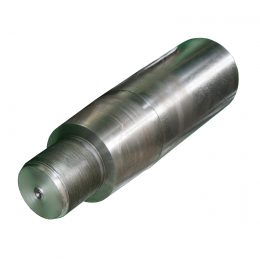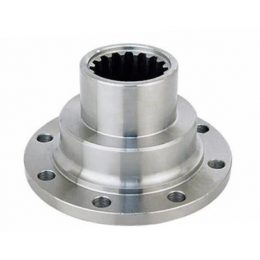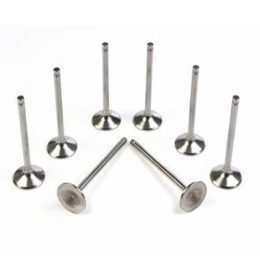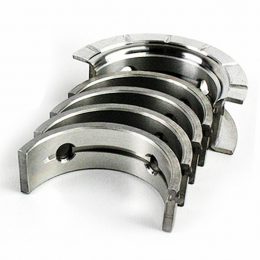Choosing the Optimal Marine Cylinder Liner Material
Marine Cylinder Liners
Marine engines are a crucial component of the shipping industry, and they rely on cylinder liners to function efficiently. These liners are inserted into the engine block to provide a smooth surface for the piston rings to slide against. Choosing the right material for cylinder liners is critical to ensure optimal engine performance, as well as to reduce maintenance costs and minimize downtime.
Factors to Consider
Several factors must be taken into account when selecting the optimal material for marine cylinder liners. These include the operating conditions of the engine, the type of fuel used, the temperature range, and the level of wear and tear expected. Other factors that can impact material choice include weight, cost, availability, and environmental considerations.
Material Options for Cylinder Liners
Marine cylinder liners can be made from a variety of materials, including cast iron, steel, aluminum alloy, and ceramic. Cast iron is a popular choice due to its durability and resistance to wear and tear. Steel liners offer high strength and are suitable for high-performance engines. Aluminum alloy liners are lightweight and help to reduce engine weight, while ceramic liners provide excellent thermal conductivity and are ideal for high-temperature applications.
Comparison of Material Properties
When comparing different materials for cylinder liners, several properties must be evaluated. These include hardness, corrosion resistance, thermal conductivity, and coefficient of expansion. Cast iron liners have high hardness and wear resistance, but are susceptible to corrosion. Steel liners have excellent strength and corrosion resistance, but poor thermal conductivity. Aluminum alloy liners have good thermal conductivity and low weight, but are not suitable for high-stress applications.
Selecting the Optimal Material
The optimal material for marine cylinder liners depends on several factors, including the operating conditions, the type of fuel used, and the level of wear and tear expected. Cast iron liners are a good choice for engines operating under harsh conditions and using heavy fuel oil. Steel liners are ideal for high-performance engines, while aluminum alloy liners are best suited for lightweight engines with low stress levels. Ceramic liners are recommended for engines operating at high temperatures.
Importance of Material Choice
Selecting the right material for marine cylinder liners is crucial to ensure optimal engine performance, reliability, and durability. By considering the operating conditions, fuel type, and expected wear and tear, engine manufacturers can choose the optimal material for cylinder liners that meets all the necessary requirements. Proper material selection can reduce maintenance costs, minimize downtime, and improve engine efficiency, ultimately contributing to the profitability and sustainability of the shipping industry.



